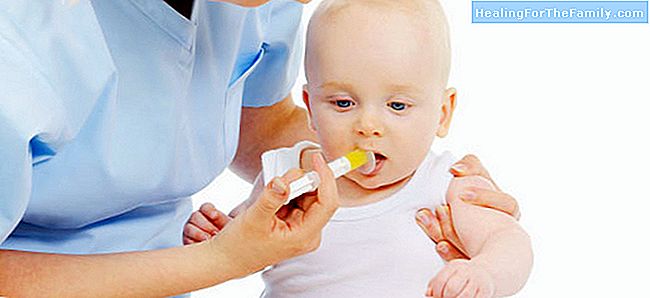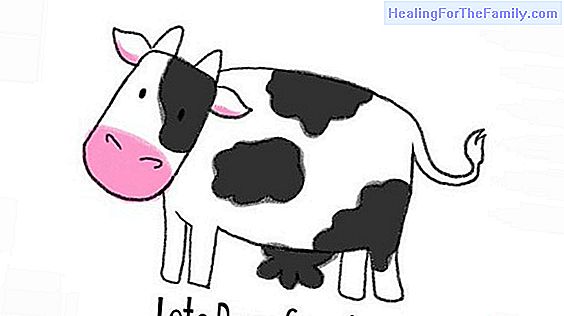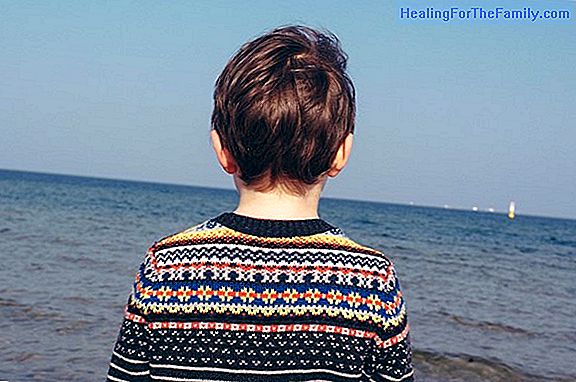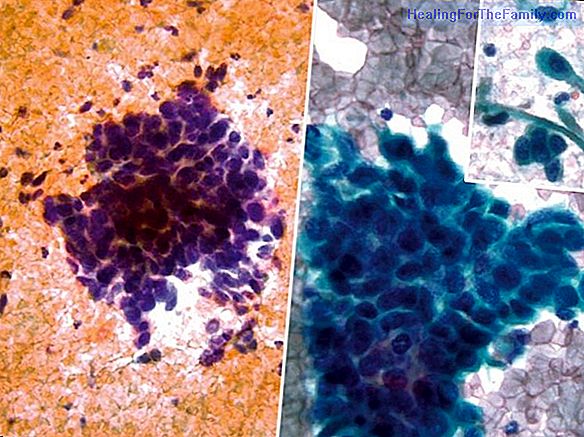How ibuprofen and acetaminophen work in children
Surely, your child will have had a few febrile processes. To improve your general condition, you will have given acetaminophen or ibuprofen. Many parents think that antipyretics are infallible drugs, but that is not the case. And it is not, among other things, because the increase in temperature is
Surely, your child will have had a few febrile processes. To improve your general condition, you will have given acetaminophen or ibuprofen. Many parents think that antipyretics are infallible drugs, but that is not the case.
And it is not, among other things, because the increase in temperature is a physiological body response, so that infections last less. We clarify how ibuprofen and paracetamol act in children, both of which are the two most commonly used antipyretics.
Ibuprofen and paracetamol for children, how do they act?

1- When you give your child an antipyretic, the goal should not be to lower the temperature, but to relieve the general condition. And that both drugs (ibuprofen and paracetamol for children), they get it. You should also know that ibuprofen has, as doctors say, "greater analgesic ceiling"; that is, it removes pain better than paracetamol. That makes many parents think that ibuprofen is clearly superior to paracetamol.
2- Although it is not the most important, as we know you will be aware of the data, we will say that both ibuprofen and acetaminophen are very effective drugs to reduce the temperature of children with fever. According to some studies, they manage to leave with less than 38º to 90% of them.
3- The maximum speed of descent of the temperature is reached during the first 60 minutes after the administration of these drugs.
4- The lowest temperature is obtained two hours after giving oral ibuprofen; If we gave him paracetamol, the minimum is obtained after three hours. What's that? Very simple: the rate of thermal descent is higher with ibuprofen; with acetaminophen, the decrease in temperature is more gradual. In addition, parents should know that antipyretics do not act instantaneously, but that their effect is progressive and gradual.
5- Nearly 75% of children with fever who have received these antipyretics are still less than 38º four hours after their administration.
6- As of the fourth hour after administering ibuprofen or acetaminophen to a child, body temperature rises again. That is, the effect of antipyretics is not perpetual. It is not that your child is being ineffective; they simply act like that.
7- The antipyretics are not completely infallible; that is, they manage to reduce the temperature, but not necessarily locate it below 38º. Its average effect is the reduction of the temperature by about 2 degrees. That is, if the child's starting temperature is close to 40º, it is difficult to be left with less than 38º.
8- Current tests indicate that ibuprofen has an antipyretic potency slightly higher than paracetamol, especially in older children.












